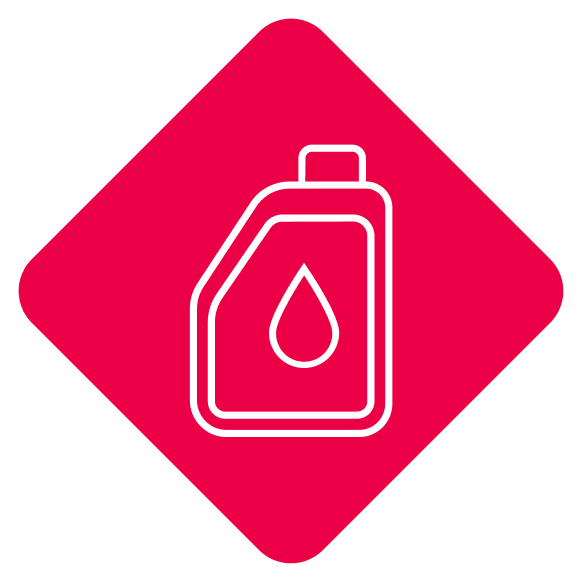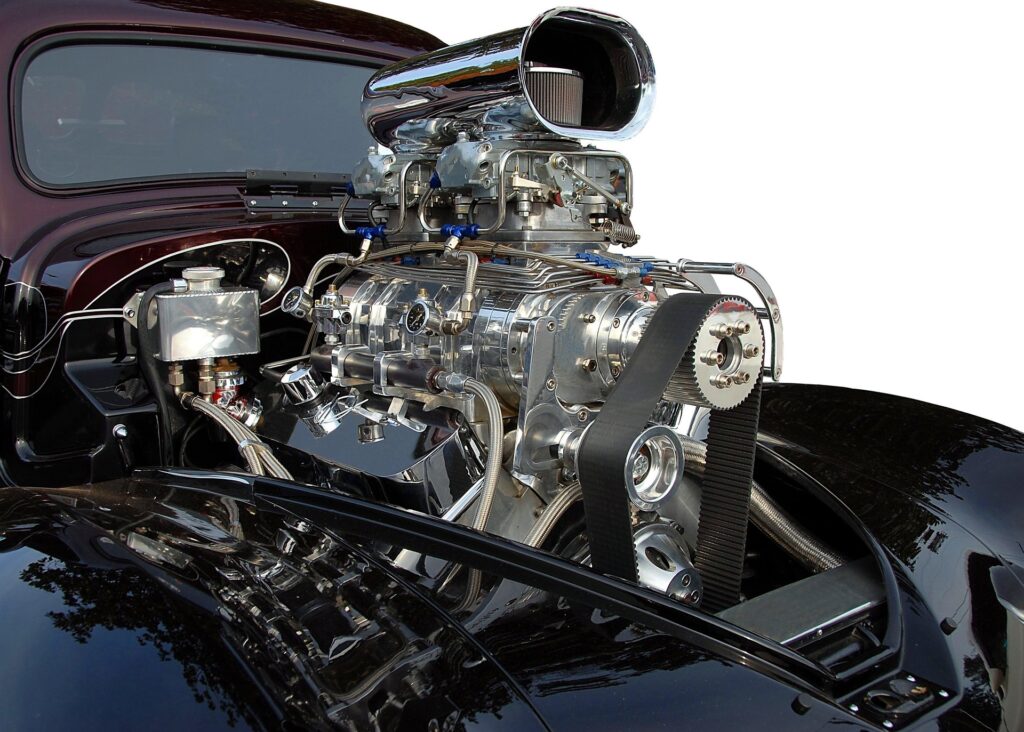
Fuel System Repair
When it comes to how well your vehicle performs, taking care of the fuel system is one of the most important things that people often ignore.
The Fuel System Repair is responsible for making sure the right amount of fuel gets to the engine at the right time. This helps the engine run efficiently, gives you a smooth driving experience, and reduces the amount of harmful emissions. No matter whether you drive a small car, a sport utility vehicle, or a large truck, keeping your fuel system in good condition helps you get better fuel efficiency and makes your engine last longer.
In this article, we will cover everything you need to know about Fuel System Repair . We’ll talk about common problems, signs that something might be wrong, how repairs are done, and tips to help you take good care of your fuel system.

What is a Fuel System Repair ?
A vehicle’s fuel system includes several parts that work together to store, clean, and deliver fuel to the engine.
The main parts of a modern fuel system are:
– Fuel Tank: This holds the fuel until it is needed.
– Fuel Pump: It moves the fuel from the tank to the engine.
– Fuel Filter: This removes dirt, debris, and other contaminants before the fuel reaches the engine.
– Fuel Injectors or Carburetor: These spray or mix the right amount of fuel with air so that it can be burned in the engine.
– Fuel Lines: These carry the fuel from the tank, through the pump and filter, to the injectors.
If any of these parts don’t work properly, your vehicle can experience problems like poor performance, low fuel efficiency, or even fail to start.
Why is Fuel System Repair Important?
Having a well-functioning Fuel System Repair means:
– Better Fuel Efficiency: Clean fuel injectors and filters help the engine use fuel more efficiently.
– Improved Engine Performance: A correct fuel-air mix gives the engine good power.
– Lower Emissions: It prevents incomplete burning of fuel, which reduces harmful gas emissions.
– Longer Engine Life: It reduces damage caused by dirt and improper fuel delivery.
– Cost Savings: It helps avoid major breakdowns and expensive repairs in the future.
Not taking care of fuel system issues can lead to problems like clogged injectors, a failed fuel pump, or even engine damage.
That’s why it’s important to address any fuel system problems as soon as they’re noticed.
Common Fuel System Repair Problems
Here are some of the most common issues that require Fuel System Repair :
– Clogged Fuel Filter: Dirt and debris can block the fuel flow, making it hard for the engine to get enough fuel.
– Failing Fuel Pump: A weak pump can’t move enough fuel, causing the engine to stall.
– Dirty Fuel Injectors: Carbon buildup prevents injectors from spraying fuel correctly.
– Leaking Fuel Lines: Damaged fuel lines can cause leaks and create dangerous situations.
– Bad Fuel Pressure Regulator: Incorrect fuel pressure can affect the engine’s performance.
– Contaminated Fuel: Water or other impurities in the fuel can damage injectors and pumps.
Warning Signs That You Need Fuel System Repair
Be on the lookout for these signs that your fuel system may need a check or repair:
– Difficulty starting the engine
– Reduced fuel efficiency
– Engine misfires or hesitation
– Strong fuel smell around the vehicle
– Loss of power during acceleration
– Rough idling or stalling
– Check Engine Light (CEL) is on
If you notice any of these symptoms, it’s best to get your fuel system checked by a professional mechanic before the problem gets worse.
How Fuel System Repair is Done
Depending on what the issue is, Fuel System Repair may involve the following steps:
– Fuel System Inspection: Mechanics check the fuel pump, injectors, lines, and filters for leaks or blockages.
– Fuel Filter Replacement: This is a simple repair that helps restore proper fuel flow.
– Fuel Injector Cleaning or Replacement: Injectors can be cleaned using special solutions or ultrasonic cleaning methods.
In some cases, they may need to be replaced.
– Fuel Pump Repair or Replacement: If the pump fails, it is replaced to ensure the engine gets enough fuel.
– Fuel Line Repair: Damaged or leaking fuel lines are replaced to prevent leaks.
– Computer Diagnostics: Modern vehicles use sensors and the engine control unit (ECU) to manage fuel.
Technicians use diagnostic tools to detect problems.
A full fuel system service typically includes cleaning the injectors, replacing the fuel filter, checking the pump, and looking for leaks.
DIY vs. Professional Fuel System Repair
Many car enthusiasts try to do fuel system repairs themselves, especially when replacing filters or using fuel system cleaners.
While these may be helpful for minor issues, professional service is recommended for:
– Diagnosing complex problems
– Handling fuel leaks (which can be dangerous)
– Repairing or replacing a fuel pump
– Advanced injector cleaning
For the best long-term results, it’s always better to consult a trusted mechanic or an automotive service center.
Preventive Maintenance Tips for Your Fuel System Repair
To avoid costly fuel system repairs, follow these tips:
– Use High-Quality Fuel: This helps prevent clogs and other fuel system issues.
– Replace Fuel Filters Regularly: Most cars need a new filter every 20,000 to 40,000 miles.
– Add Fuel System Cleaners: Use approved additives to reduce carbon buildup.
– Don’t Drive on Empty: Low fuel levels can strain the pump and allow debris to enter the system.
– Schedule Inspections: Have your mechanic check the fuel system during routine maintenance.
Preventive maintenance is always less expensive and safer than dealing with an emergency repair.
Cost of Fuel System Repair
The cost depends on the problem and the type of vehicle.
On average:
– Fuel Filter Replacement: $50 to $150
– Fuel Injector Cleaning: $75 to $250
– Fuel Pump Replacement: $400 to $1,000
– Complete Fuel System Service: $150 to $500
Luxury or high-performance vehicles may cost more due to the use of specialized parts and labor.
Conclusion
A well-functioning fuel system is crucial for engine performance, fuel efficiency, and overall driving safety.
By understanding the basics of fuel system repair, recognizing the signs of problems, and following preventive maintenance, you can avoid major breakdowns and expensive repairs.
Whether the problem is a clogged filter, dirty injectors, or a failing pump, addressing fuel system issues early on helps keep your car running smoothly and reliably.
If you’re unsure about doing repairs on your own, always seek help from a certified mechanic.
At WheelerzDealerz.com, we believe your dreams are worth the right wheels—and keeping your fuel system in good condition is one of the best ways to make that happen.
